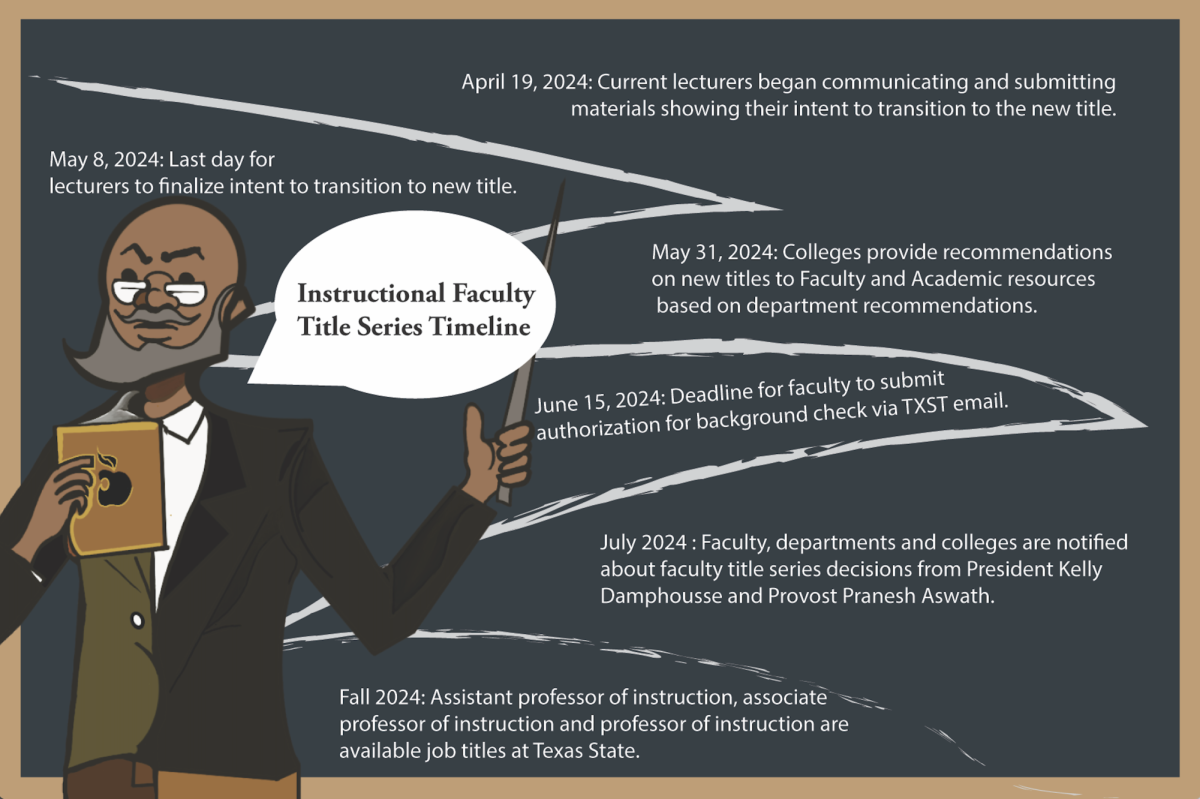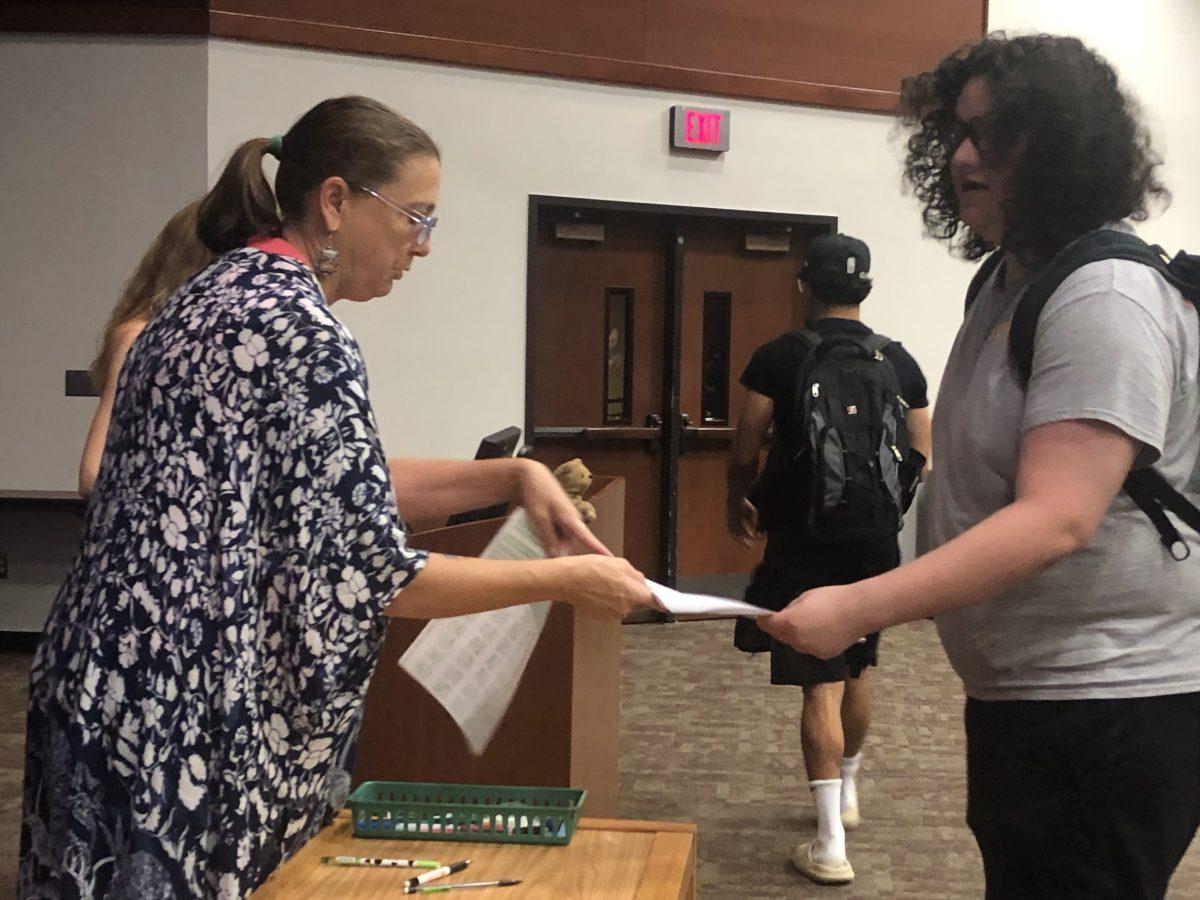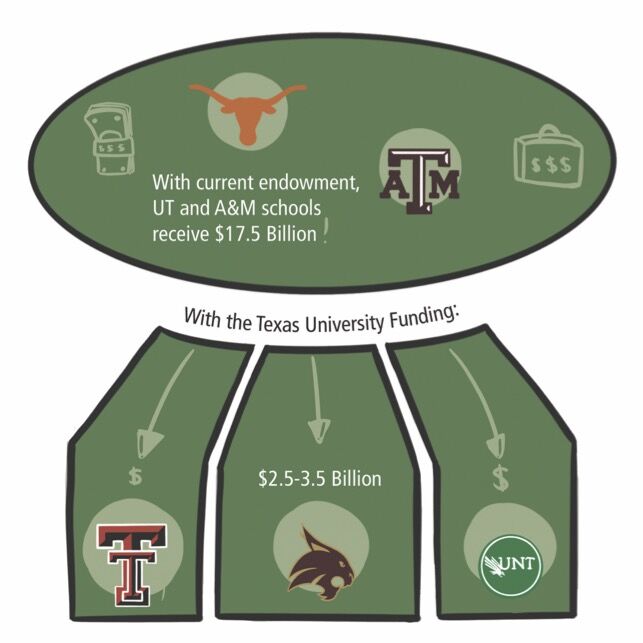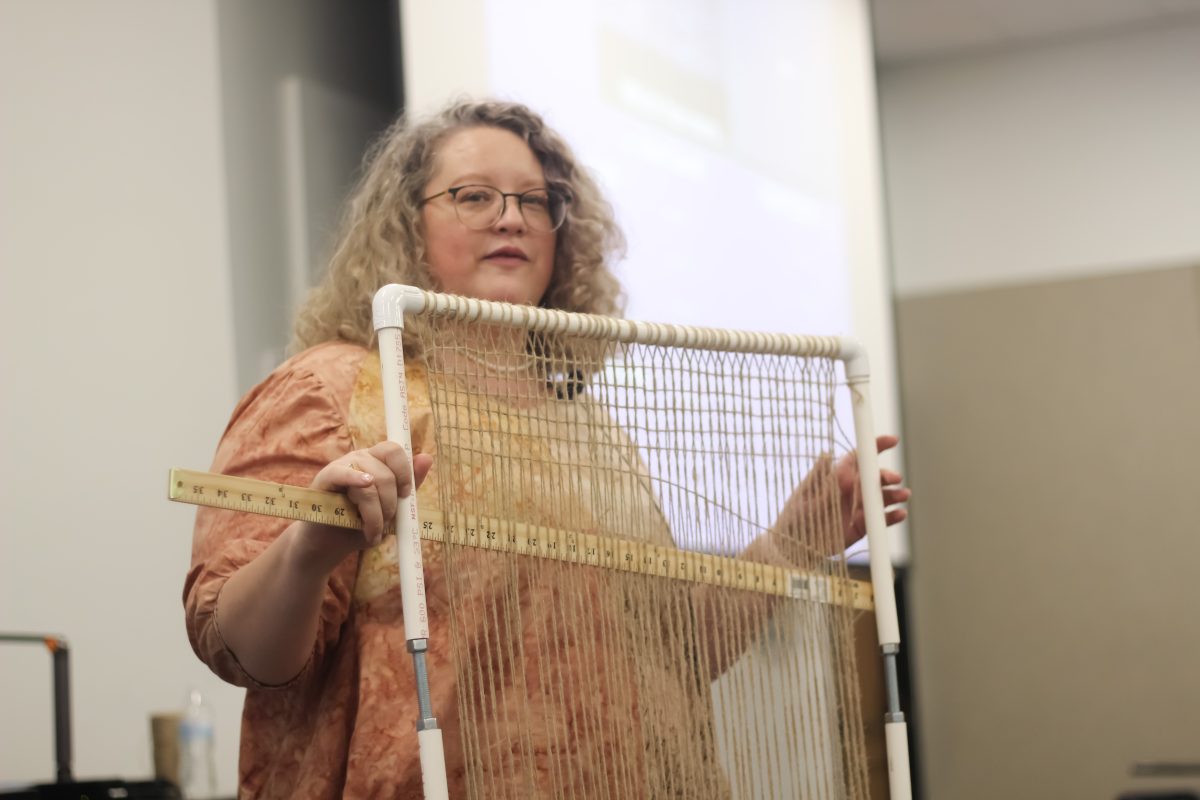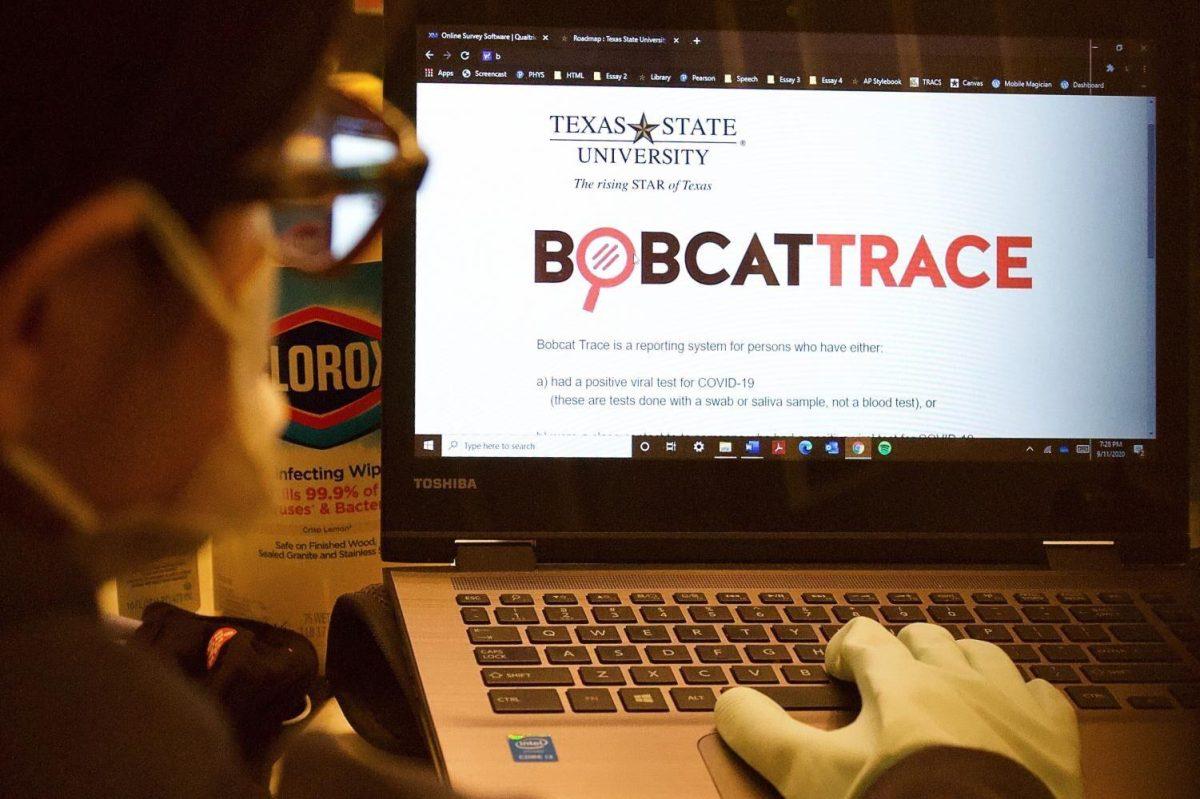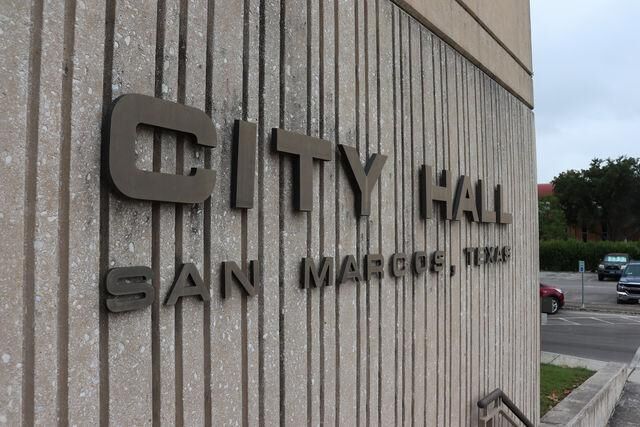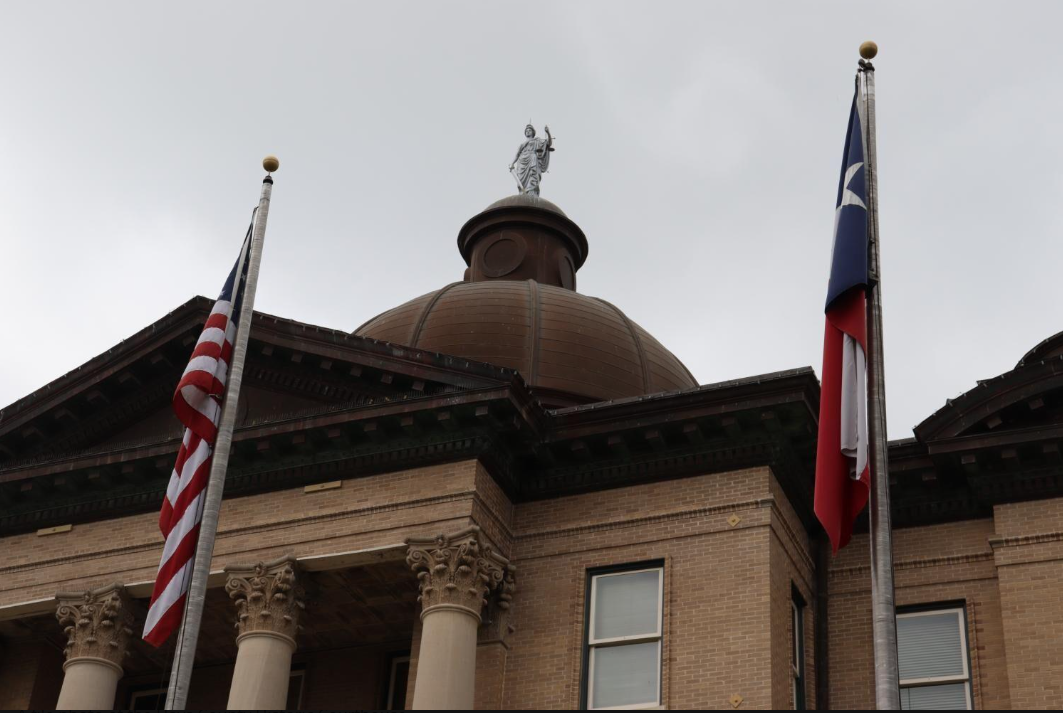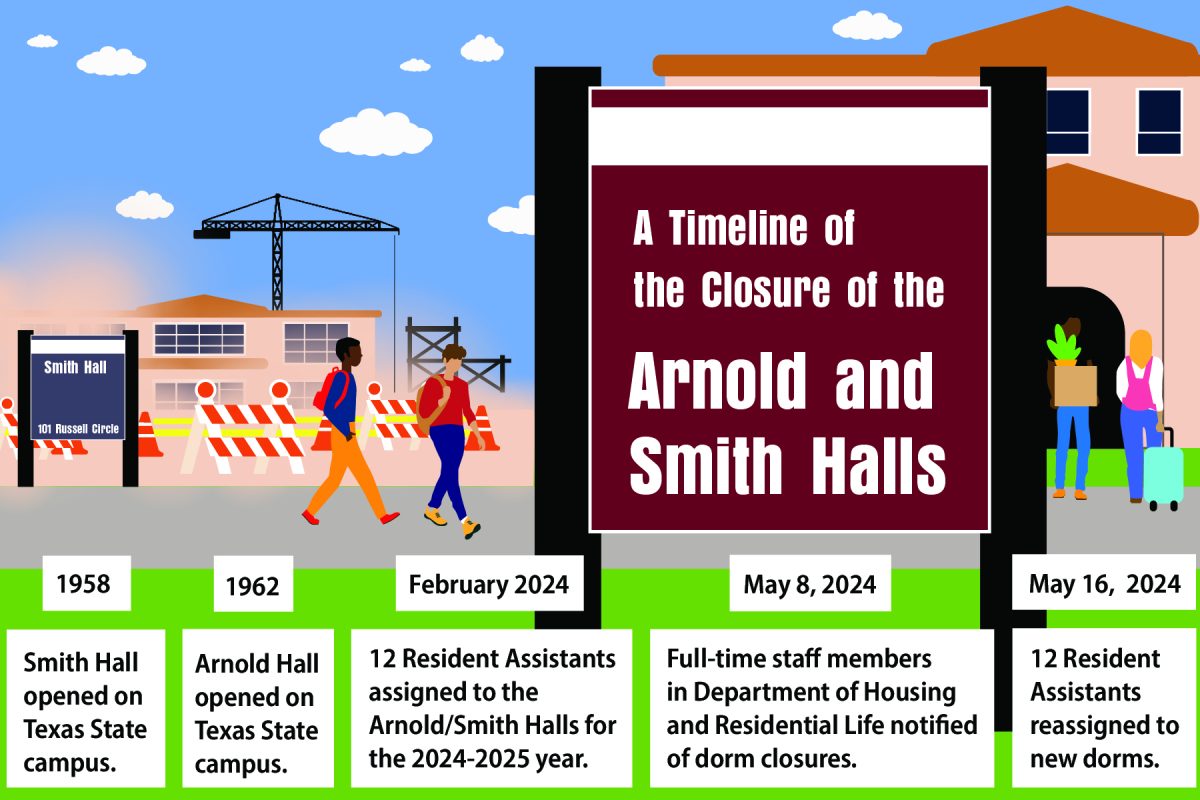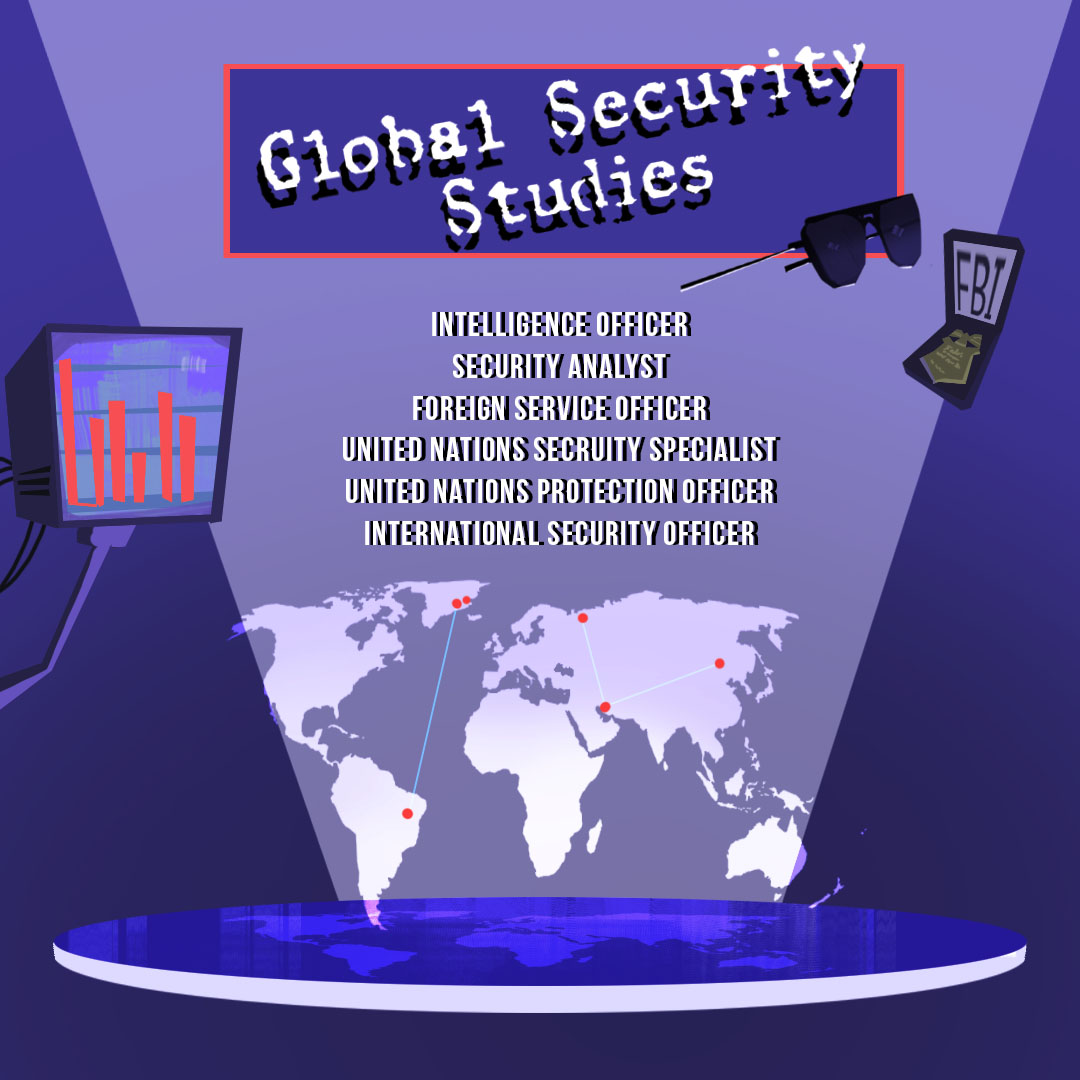At its Jan. 26 meeting, Texas State’s Faculty Senate addressed upcoming applications for faculty development leave and prepared points for its upcoming meeting with President Denise Trauth and her advisory council.
The discussion on faculty development leave centered around whether certain applications should be denied based on composition and presentation. Eligible faculty may apply for leave for either a semester or one academic year.
Applications are reviewed by the Senate in a closed meeting where members discuss each application and evaluate them based on a rubric. In the last four years, few applications have been denied, despite reviewers deeming some as unprofessional.
Applications are currently reviewed on a numerical scale. Sen. Rachel Davenport suggested a different rating system would be beneficial for the process.
“Instead of giving them numerical scores, I’d really rather rank them as either exceptional, acceptable or unacceptable,” Davenport said. “And then we would have some kind of system where if you got more unacceptable than anything, then you’re not going to get it. I just think it would simplify the process.”
However, Sens. Peter Dedek, Michael Supancic and Ben Martin believe the scoring system should be kept the same. Still, they agree with Davenport that Texas State should be more willing to deny poorly written applications.
“I really think that we should set a minimum standard, and then reject the ones that don’t live up to it,” Dedek said. “And then presumably, if word gets out that that’s the case, then we’ll get better proposals. And we’ll probably end up getting better results.”
Overall, the senators agreed applications should be more competitive in order to keep the quality of proposals higher.
Faculty Senate also addressed the need to review the rules and regulations handbook. The university system needs the 280-page document checked for any needed clarifications by Feb. 7.
Despite the lack of input that senators feel they can provide, looking over the rules and regulations handbook to ensure it is concise and correct does benefit the faculty. According to Sen. Lynn Ledbetter, the handbook states specific regulations that will be helpful for the senators to know.
“It articulates how tenure is granted, provides grievance and termination procedures and states duties and responsibilities of faculty,” Ledbetter said.
Next week, Faculty Senate will present any questions and clarifications they have for the handbook with the President’s Academic Advisory Group. The Senate spent time discussing items to bring up to Trauth and her council including changes in mandatory diversity training, the denial for an increase in tuition and the extra fees for electronic courses.
The Senate will elaborate on these topics at its next meeting on Feb. 2.
For more information about this meeting and future events visit the Faculty Senate website.
Faculty Senate discusses faculty development leave applications
January 31, 2022
Donate to The University Star
Your donation will support the student journalists of Texas State University. Your contribution will allow us to purchase equipment and cover our annual website hosting costs.












